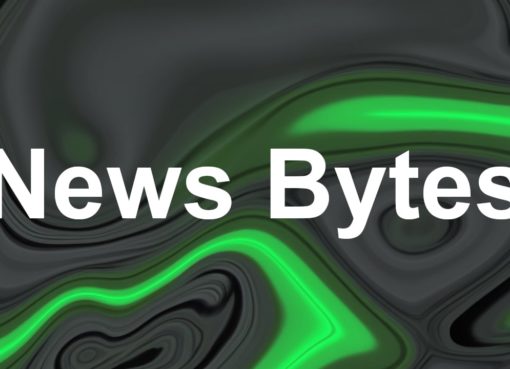Bitlayer’s Bitcoin smart-contract system is being implemented by mining pools behind 31.5% of the network’s hashrate, a development that will help ensure that its system will operate on the Bitcoin blockchain, the company said.
According to a May 27 announcement shared with Cryptox, Bitlayer’s BitVM implementation will be supported by major Bitcoin (BTC) mining pools including Antpool, F2Pool, and SpiderPool. Antpool CEO Andy Chow said:
“Antpool has become the bridge operator for Bitlayer to support Bitcoin innovation and protect miners’ interests.”
BitVM (Bitcoin Virtual Machine) is a framework that enables complex smart contracts to be deployed on the Bitcoin blockchain without changing the base protocol. The idea was introduced by Robin Linux in 2023, and allows for the complex computation involved in smart contract systems to be verified onchain and executed offchain in a way resembling optimistic rollups.
Related: Here’s how Bitcoin is transforming into Web3’s backbone
A BitVM implementation
Bitlayer is a BitVM implementation, aiming to allow Bitcoin to flow through decentralized finance (DeFi) systems and layer-2 networks. According to Chow, the implementation might lead to heightened activity in Bitcoin’s network and generate revenue for miners:
“This expansion of Bitcoin’s use cases will drive more network activity, generating additional transaction fees and revenue opportunities for miners. As block rewards decrease over time, growing fee markets are critical for miners’ sustainable income.“
Mining pools such as Chow’s Antpool play a critical role in the adoption of BitVM implementations because they directly determine the inclusion and validation of new types of transactions and scripts at the consensus layer.
BitVM requires miners to include custom Taproot-based transactions that encode interactive verification logic. Mining pools must agree to include these non-standard or computationally intensive scripts in blocks, otherwise the protocol would simply not function.
Related: StarkWare researchers propose smart contracts for Bitcoin with ColliderVM
Mining pool support
According to Hashrate Index data, Antpool controls 17.2% of Bitcoin’s hashrate as of May 26, while F2Pool controls 8.2% and Spiderpool 6.1%. This results in a total supporting hashrate of 31.5%.
This is enough to secure transaction inclusion in under one in every three blocks. This is presumably enough for testing, prototyping and early-stage applications.
With this percentage of supporting hashrate, developers can build functional systems with the assumption that, despite some latency, BitVM transactions will be processed. So while it is hard to view this hashrate as allowing a fully functional deployment, it is likely enough for the early phases of BitVM development.
A Bitlayer representative told Cryptox that “should collective hashrate support weaken or policy shifts occur within Bitcoin Core, we have a multi-layered contingency plan.” This plan includes the “expanded mining pool partnerships,” referring to the company’s intention to keep onboarding more mining pools.
Magazine: ZK-proofs are bringing smart contracts to Bitcoin — BitcoinOS and Starknet




